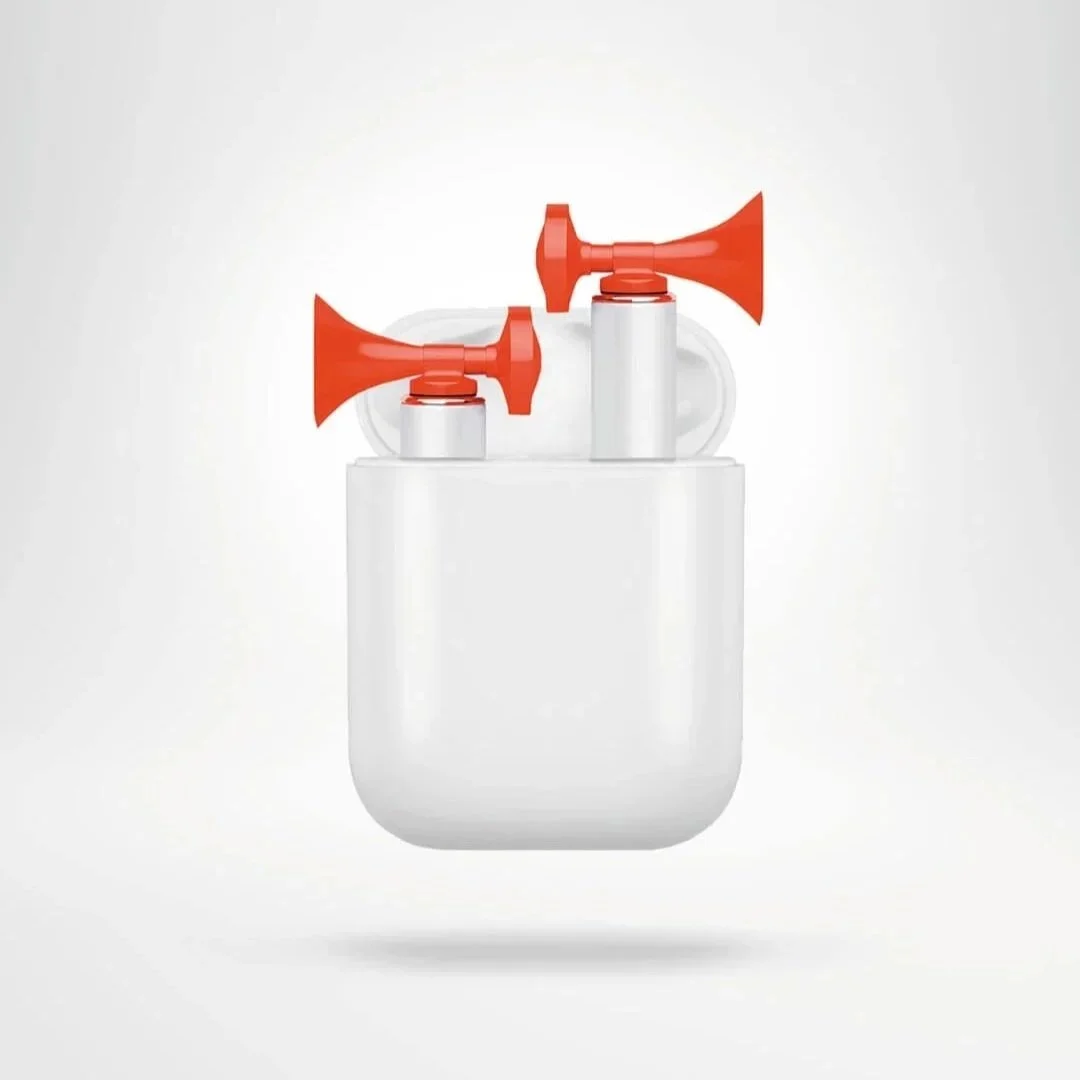By Carlos Monserrate
Credit: Lineartestpilot
I previously shared some experiences about hearing with humor. I’ve been collecting these anecdotes that I hope help those of us living with hearing loss to remember that laughter can be the best medicine, to paraphrase the classic Reader’s Digest column.
Here are some ways I’ve dealt with unforeseen situations.
One evening in Winter Park, Florida, I was driving what I thought was normal speed but it was a 35 mph road and I was going 45 mph. Sure enough, a police car stopped me with a siren and flashing lights. Then the cop used the loudspeaker and all I could hear was PAUL-ABERTY-GEE-NILE-ROE! Goodness gracious, I couldn’t understand a word she said. So, I unbuckled my seatbelt (noticed I emphasized unbuckled!), got out of my car, and said, “What did you say??” Again, I get the same gibberish. So thinking for a minute, I thought that maybe she said, “Pull over to the side road!” which I did.Thankfully, she only gave me a warning ticket. However, before leaving she said, “And I could have given you a ticket for not wearing the seatbelt!”
Do not bluff! I have to remind myself that there is no need to bluff. Just recently, I saw my neighbor pulling out a wagon of wine from his driveway. I said, “Don’t you want to bring the beer, too?!?” He replied but I wasn’t nearby and I could not understand a word he said. But since I jokingly said, “...bring the beer,…” I thought he was replying with another joke so I gave out a big guffaw. Well, I was so shocked and so very embarrassed when I found out that what he said was, “My next door neighbor’s husband died just recently and his widow gave me his case of wine to give away.”
Whatever made me think that I can be a sign language interpreter with my profound hearing loss? Well, there was a Catholic community in Deltona, Florida, with a small subgroup of Deaf parishioners. It is hard enough to hear and understand what is being said in English even with an assistive listening device. But what if the subgroup are all Spanish-speaking parishioners? I tried my best to “partially” listen to the English, then translate in my head to Spanish, then do the signs in Spanish!! For example, “Lord” in ASL is the L hand shape from right shoulder to left hip like a sash. But in Spanish, it is “Señor” so I must use the S hand shape. I got that right, but unfortunately, I must have really flubbed it so often at other times because so many of them were smirking.
I rely heavily on the written word, so when I was young I did not know that the “t” is silent for the word “listen” and I would pronounce it “lis-ten” instead of “lissen.” But even so, would you believe that I encountered the same situation in college? I was selling tickets door to door but getting people irked and slamming their doors on me. I met up with another classmate also selling tickets who asked how I was doing. I told him I just don’t understand why people would not be interested in supporting the Washburn University International Club by buying my “whores doves” tickets! (Hors d'oeuvres!)
As a panel participant in a meeting for disabilities advocacy, I provided my name, Carlos Monserrate, to the live captioner. Now, please let me explain briefly that a captioner is a professional who specializes in creating captions. They listen to the panelists and create captions that appear on the screen, providing a written representation of the spoken words. It was my turn to speak, and as I briefly glanced at the screen, I saw my name come out as Carlos Monster Rat! I was mortified! My mind had a hard time staying on the topic to say the least. But now, I always have a chuckle sharing this with others.
Carlos Monserrate lives in Florida.







For individuals with long-term hearing loss or severely degraded auditory input, the lack of reliable auditory feedback represents a challenge many orders of magnitude greater than the temporary masking used in this study.